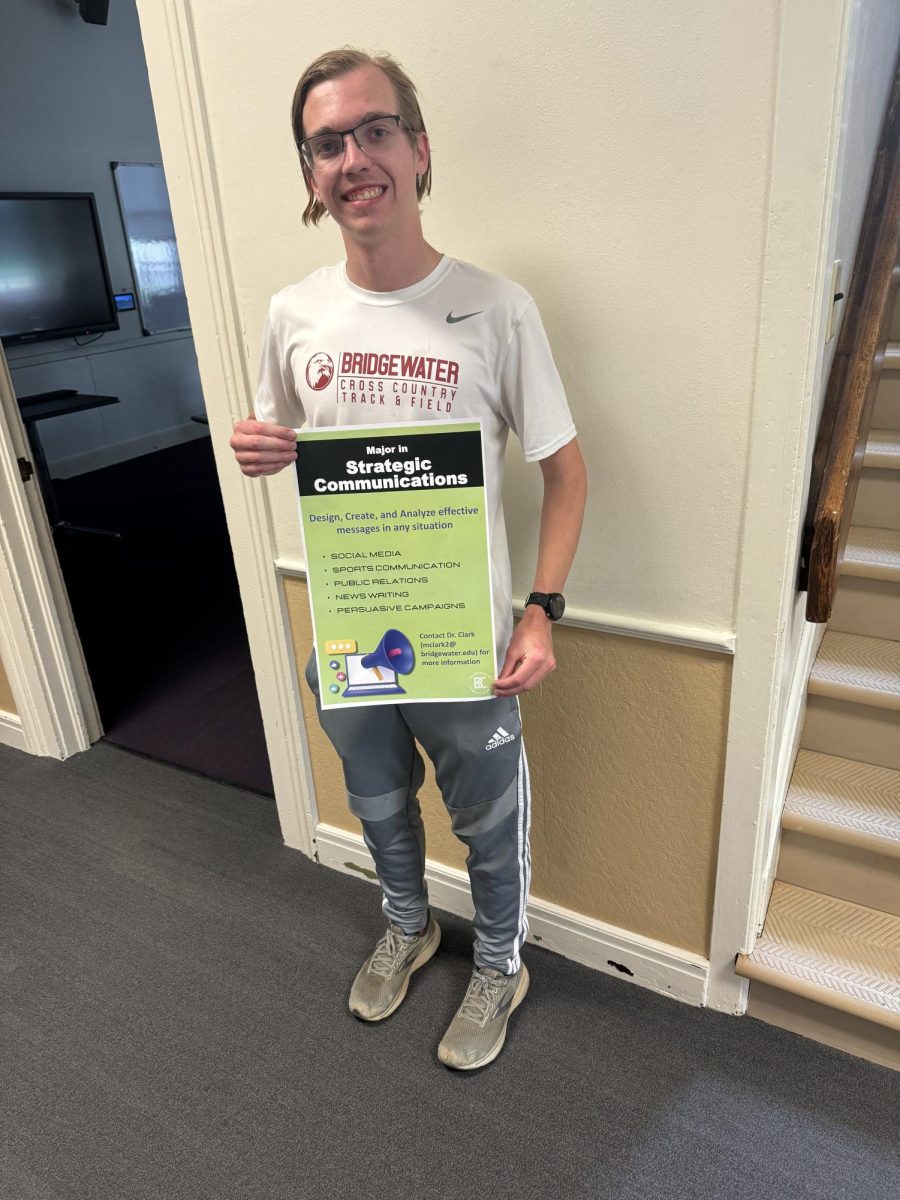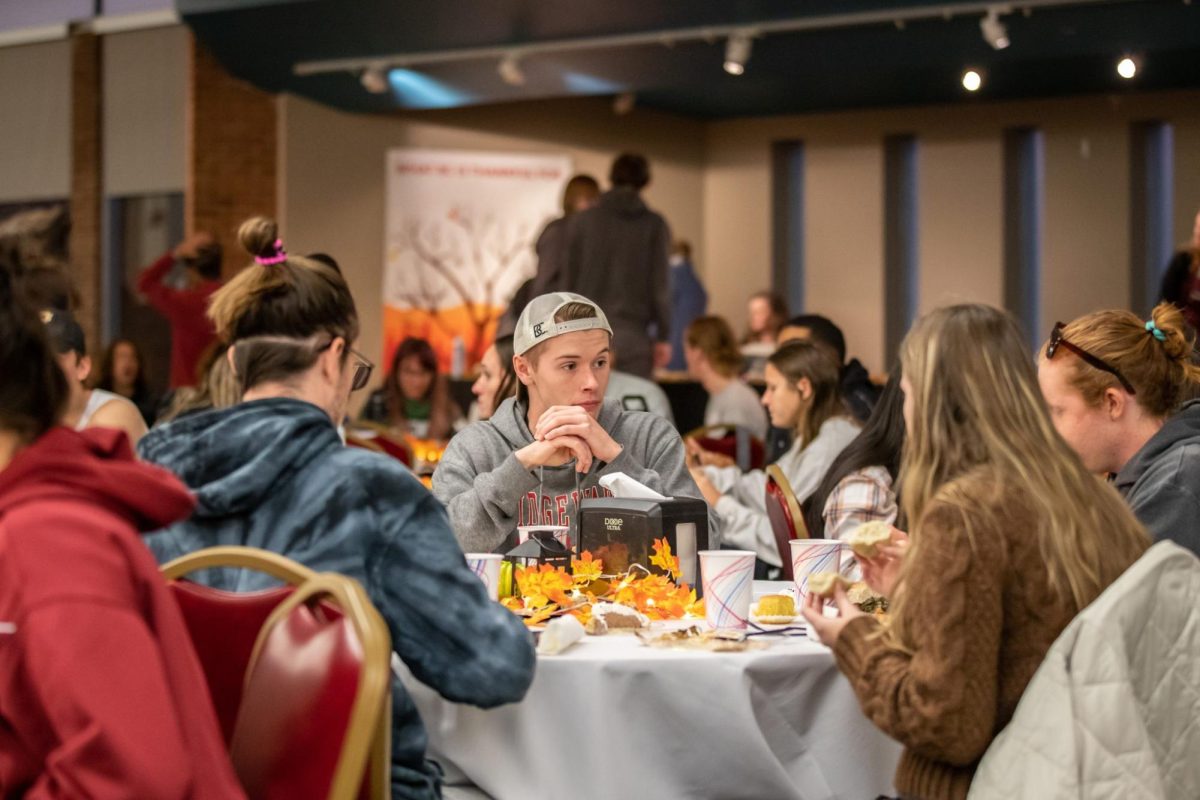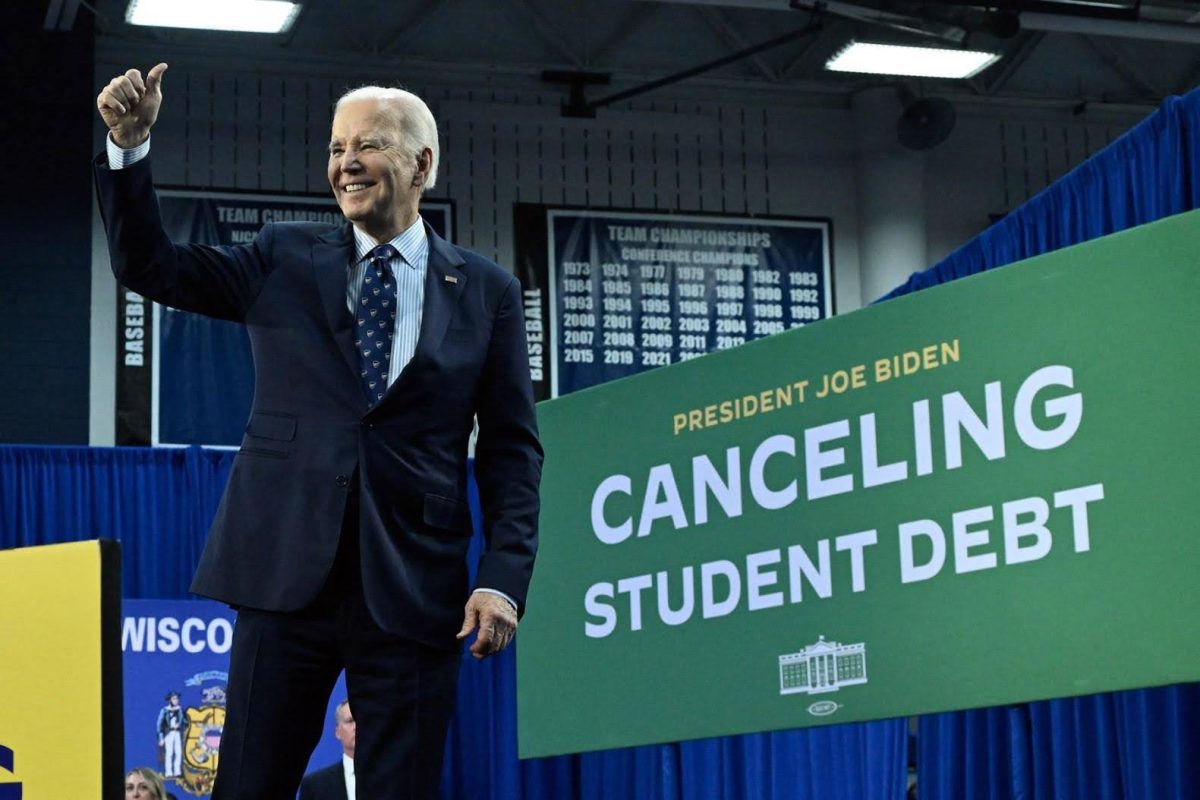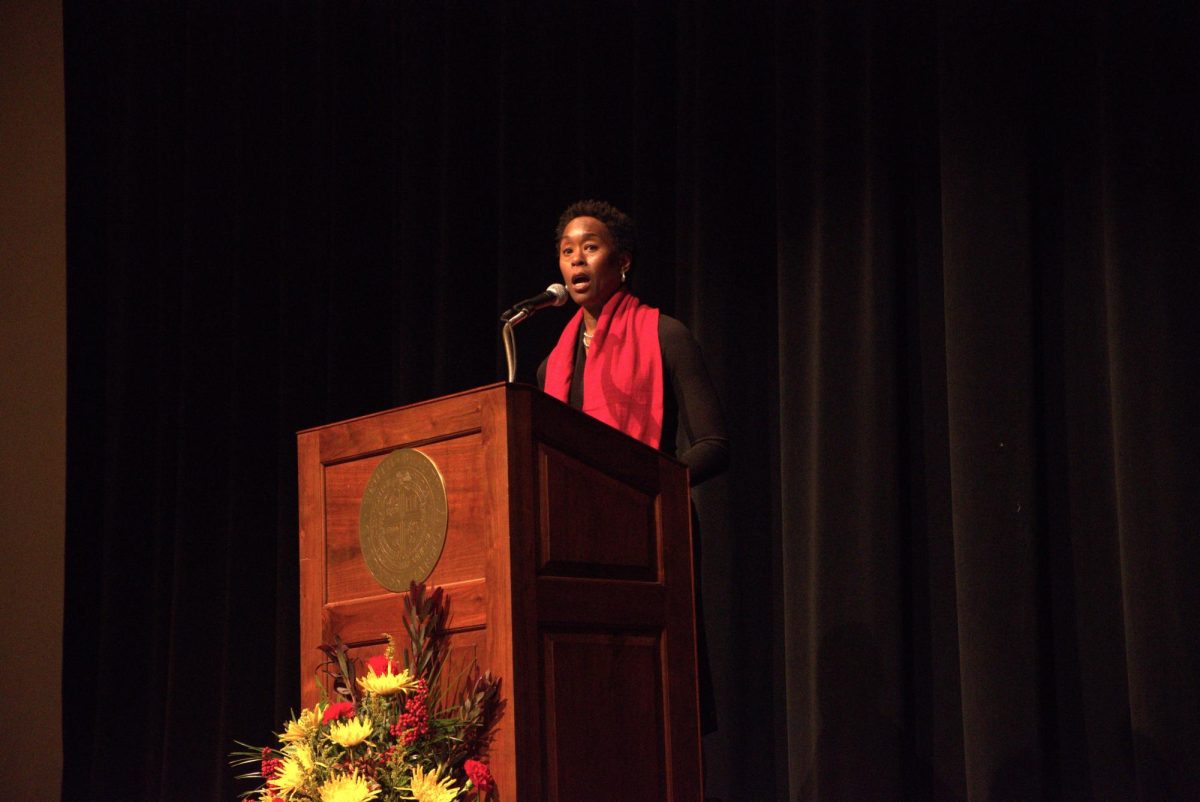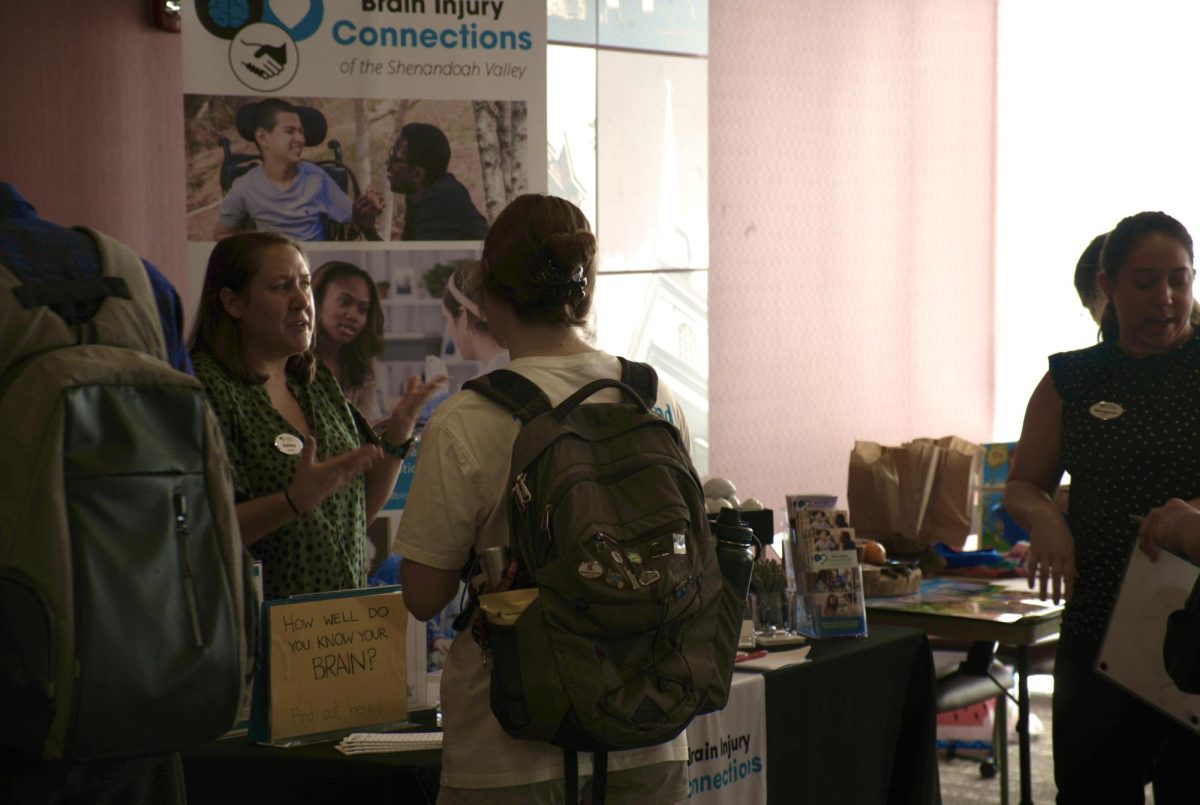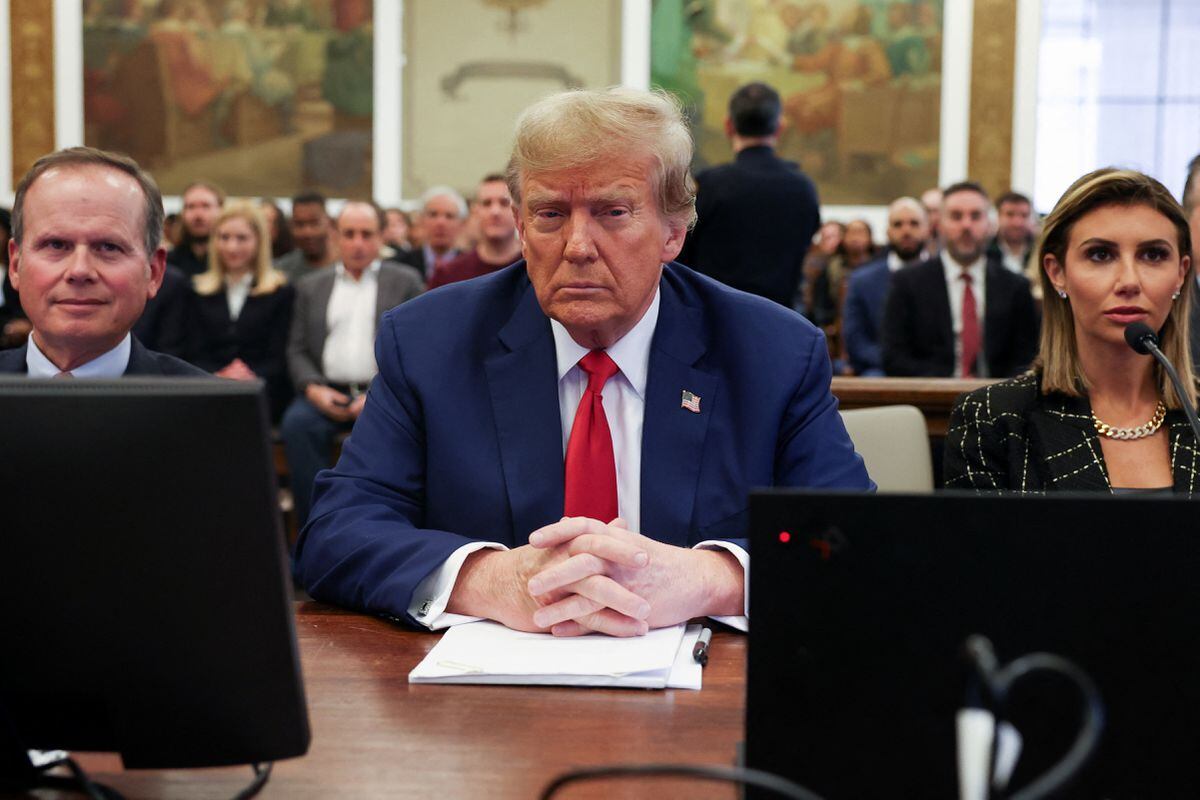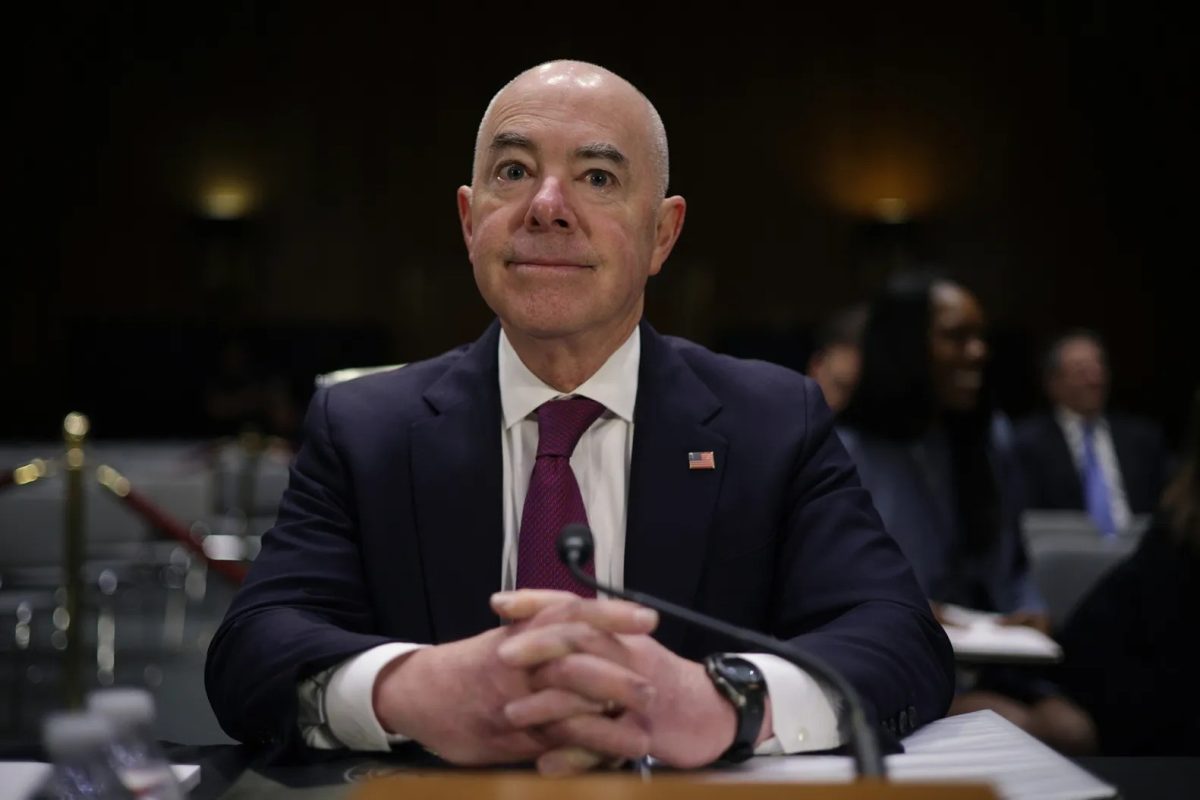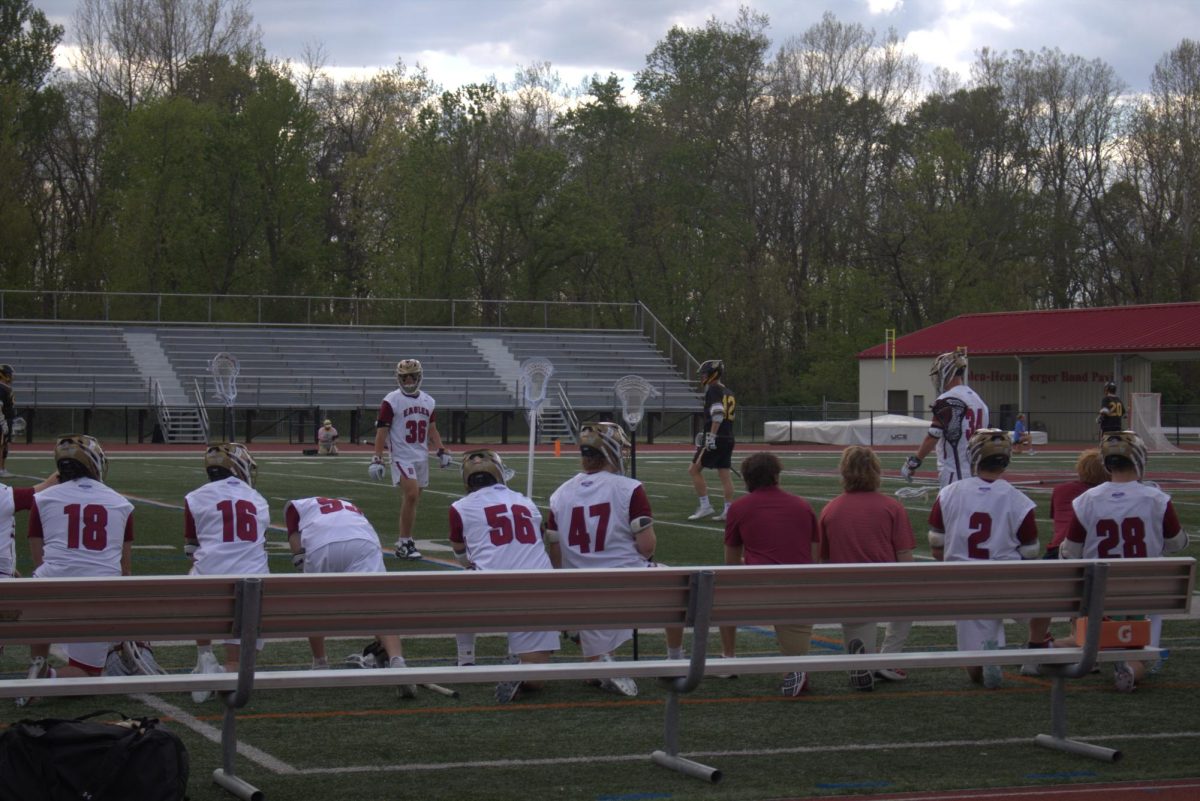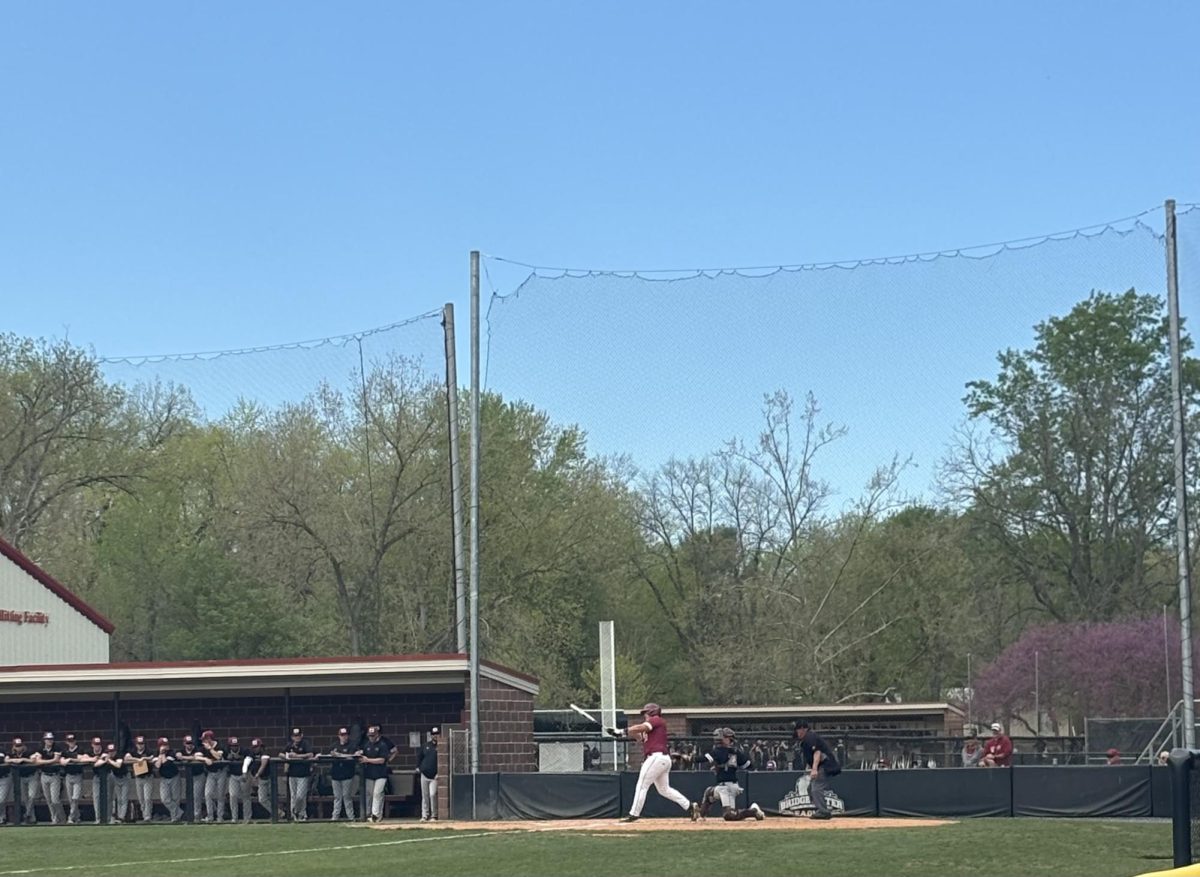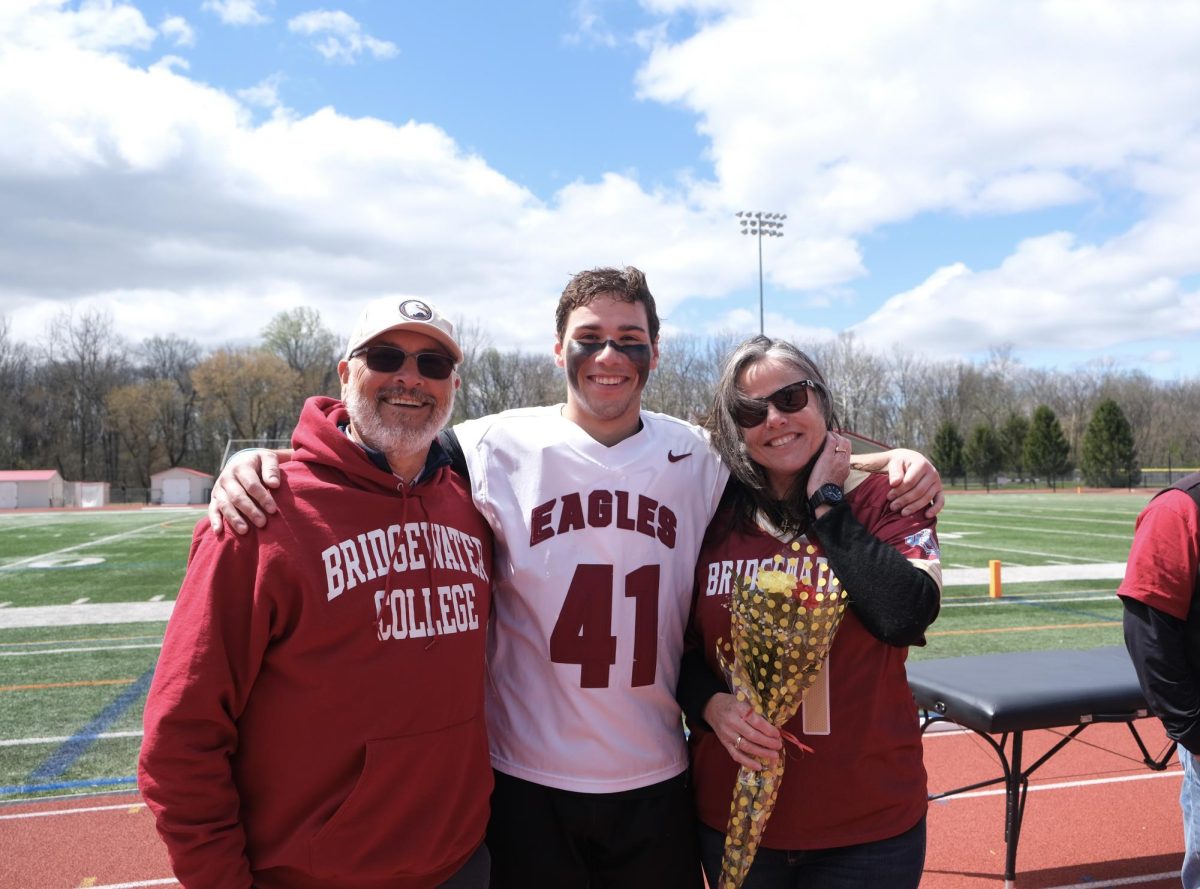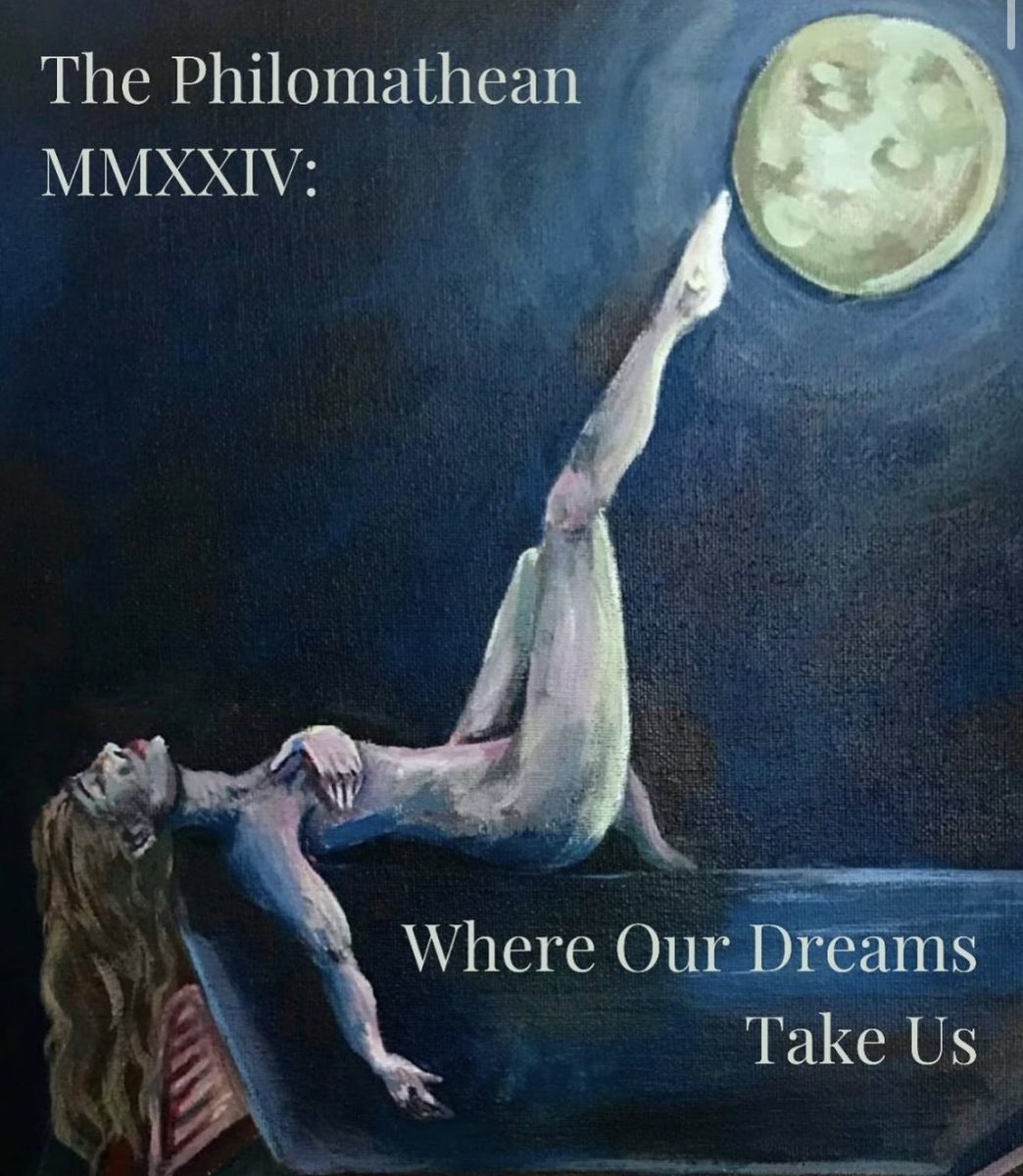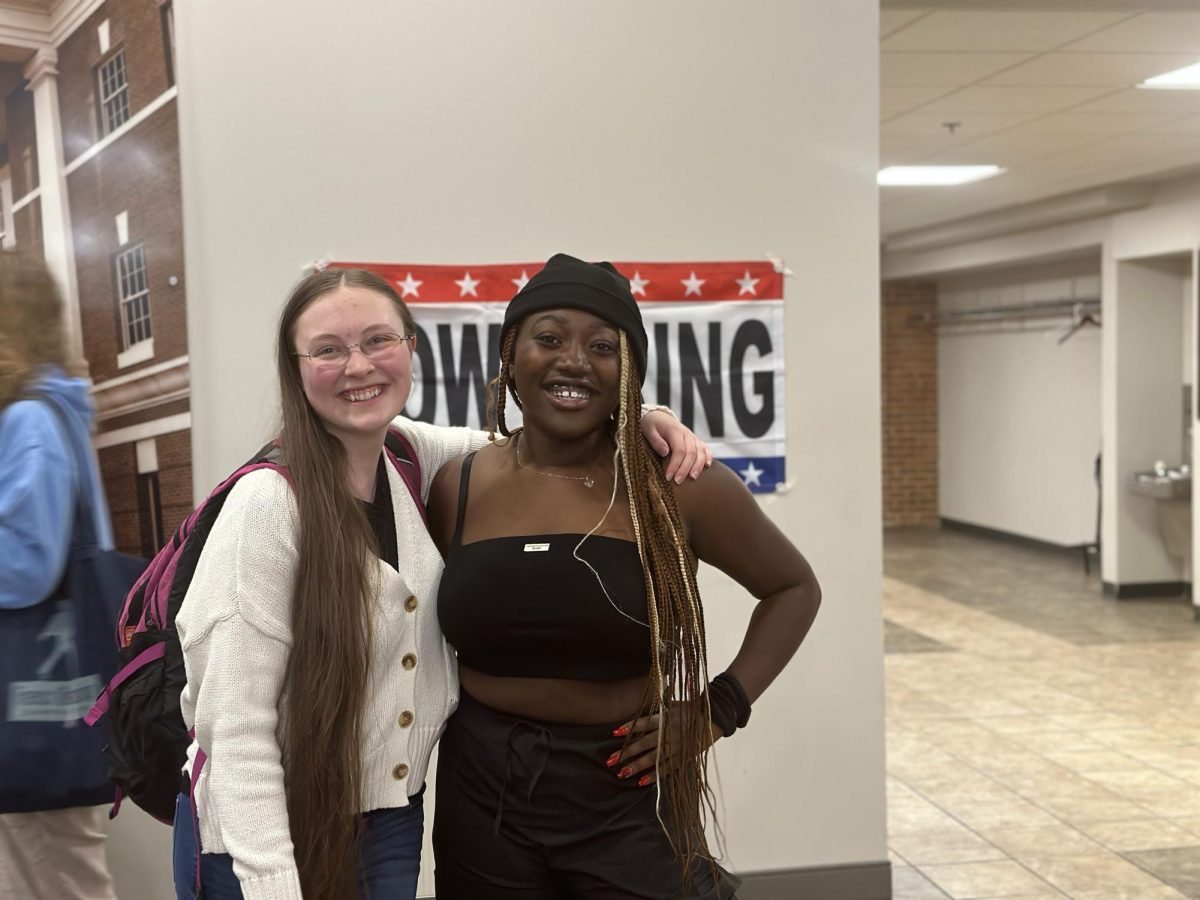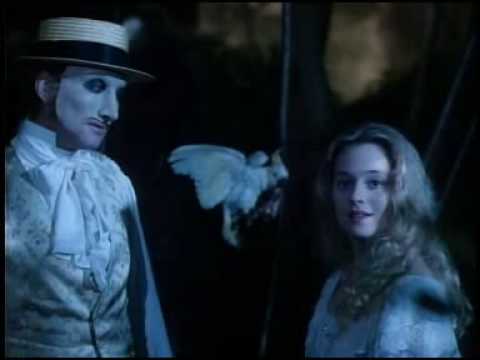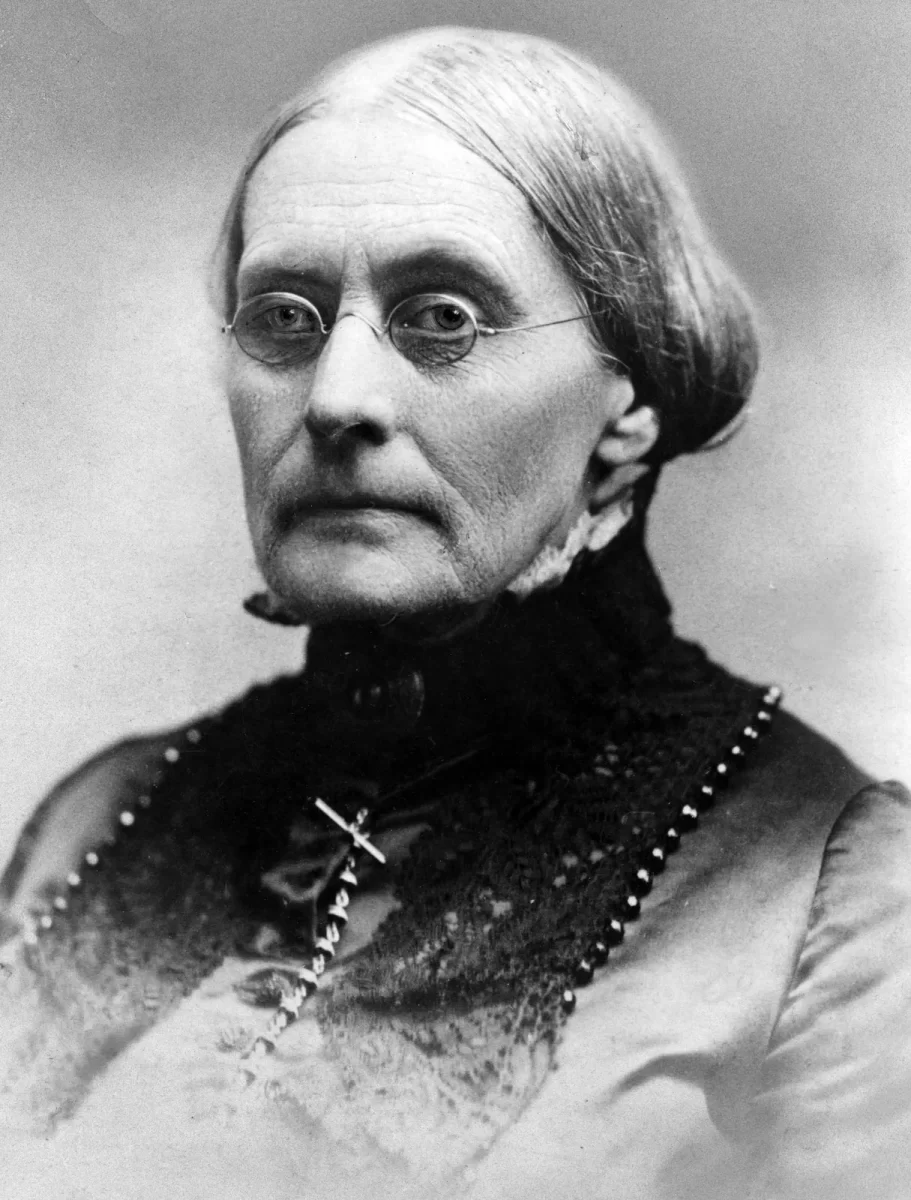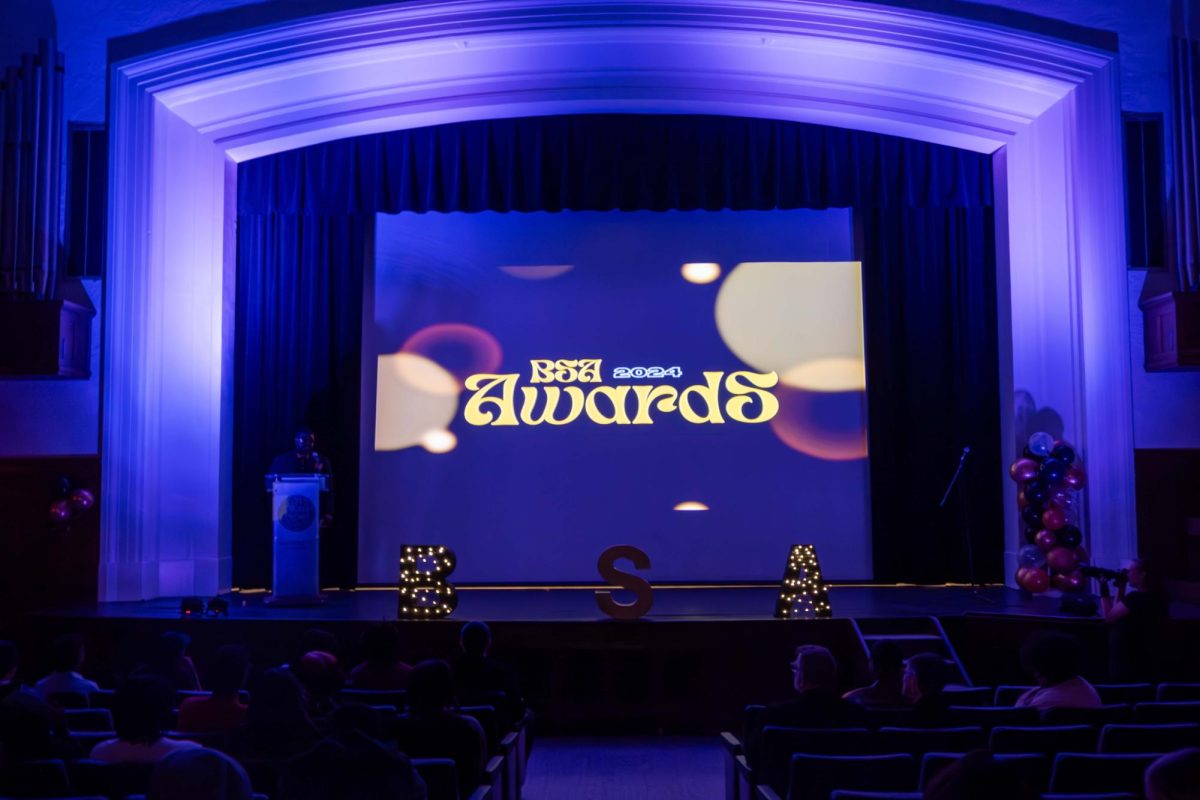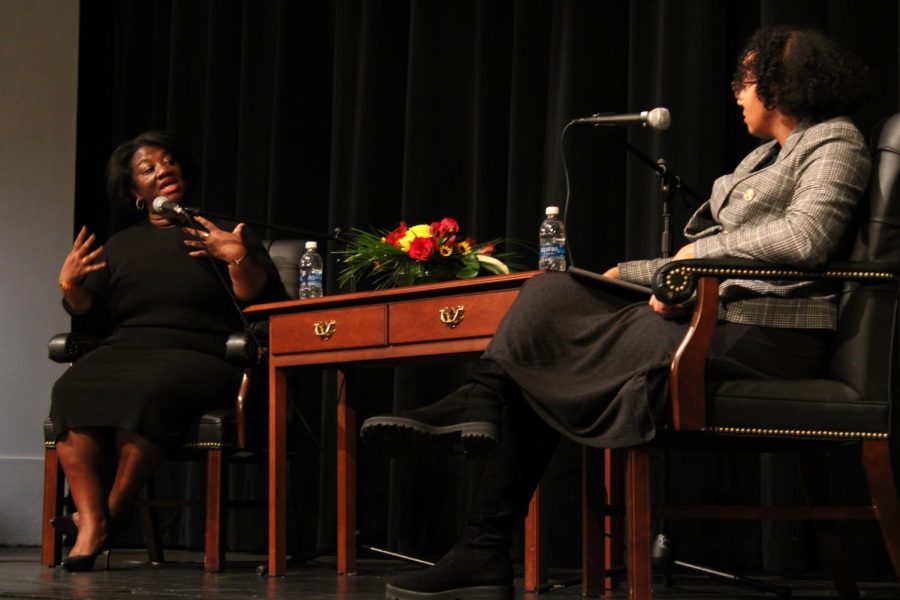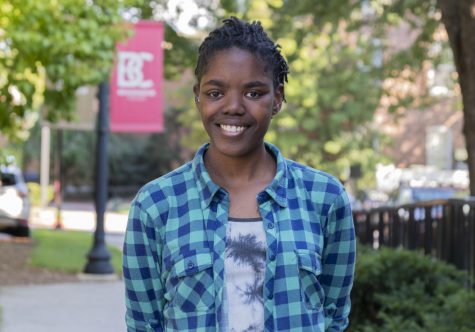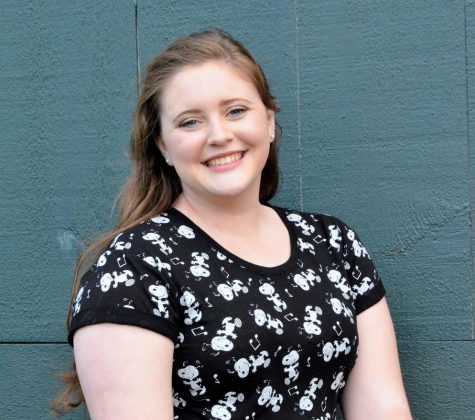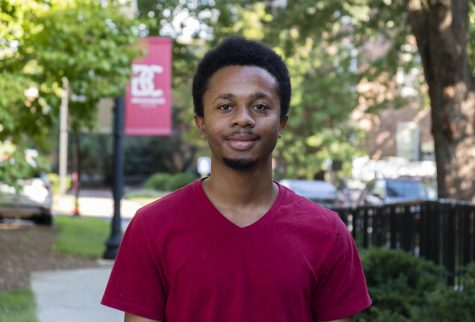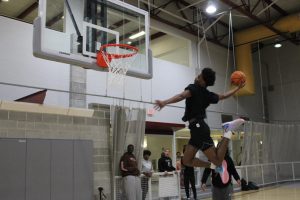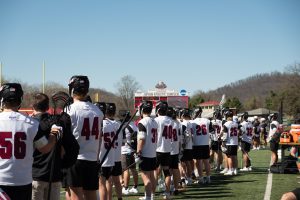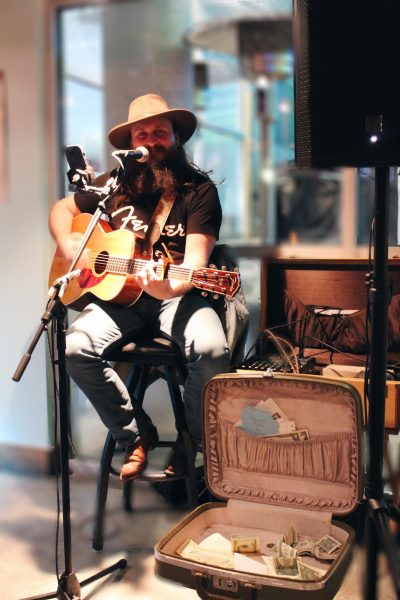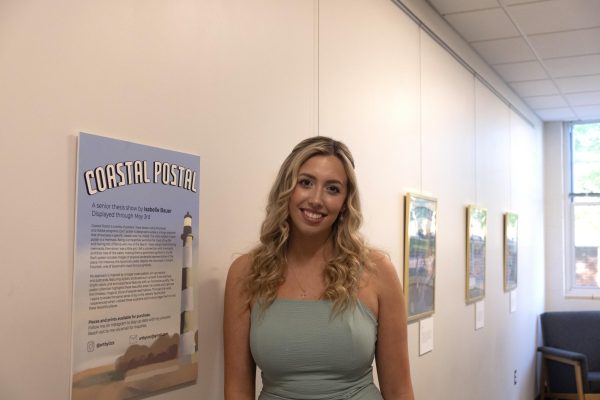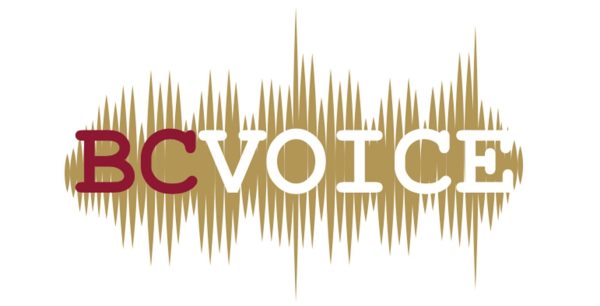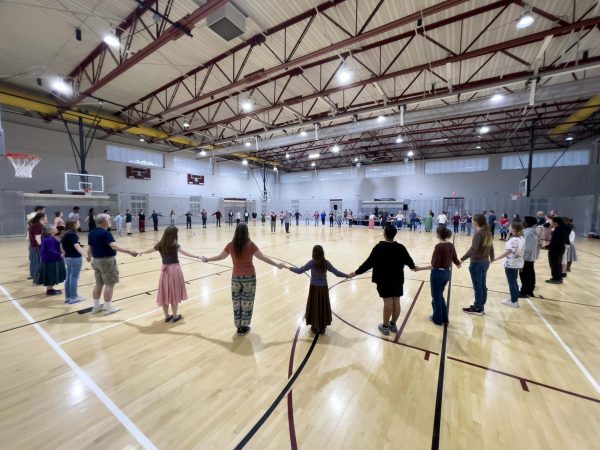Tressie McMillan Cottom Speaks at Bridgewater College
Tressie McMillan Cottom, left, and Dominique Baker, right, gave an endowed lecture on March 21 on the issue “The Crisis of Faith in Higher Education.” Cottom made connections between two of her books and the issues facing for-profit and not-for-profit colleges and students.
March 28, 2023
Bridgewater, Va.- Tressie McMillan Cottom, a professor at the University of North Carolina-Chapel Hill, presented an endowed lecture on March 21 entitled “The Crisis of Faith in Higher Education.”
The lecture was moderated by Dominique Baker, an associate professor of education policy at Southern Methodist University. Baker and Cottom explored topics of higher education and the future of for-profit colleges and not-for-profit colleges.
Cottom discussed her book titled “Lower Ed,” which explores the nature of for-profit colleges and what they mean for the future of students. She noted that for-profit colleges are not often investigated or researched in the same manner as their not-for-profit counterparts.
“I really wanted the most people to read [Lower Ed] and when you write academic articles, it’s a much smaller audience, and it’s a specialized audience,” said Cottom. “A book felt like the easiest way for people to care about it. I wanted to write something that felt as urgent as the problem.”
In her lecture, Cottom discussed some of the issues with colleges and universities in general today.
She noted that “we can’t say that higher education won’t ruin your life,” as student loans and debt have made this a reality. She explored the impact this has on college students and how their current mindset has made it difficult for them to advocate for themselves.
“I really liked her part about how college students think they are consumers, but they don’t often voice their concerns,” said sophomore Dawn Puckett who attended the lecture. “I just think it’s interesting to see how behind the line we are.”
Cottom also brought up the issues of opportunity and equity. She stated that “opportunity is really complicated,” as it is not presented to everyone in the same way.
“I really liked the part about opportunity versus equity. I thought that shed some light on an issue that I didn’t know how to articulate, but still feels important,” said Puckett.
The discussion during the endowed lecture allowed some audience members to change their perspectives or to consider other ones.
“I think my initial thoughts were a little more centered to my own perspective of ‘I’m being disadvantaged by this,’” said sophomore Casey Beard who attended the lecture. “By the end, it was like, ‘everyone is being disadvantaged by this, this isn’t really helping anybody but a very small amount of people.’”
Cottom also discussed her other work titled “Thick and Other Essays,” which explores issues of gender and race. She made connections between both of her books during the lecture.
“I felt a sense of urgency writing them. Both of them I felt I had something to prove,” said Cottom. “There is a little bit of pushback in both of them to different audiences. There’s definitely a little bit of attitude in both of them, I’ll be honest. I’m probably the commonality in both of those.”
“There’s just the general issue that this is a cultural issue, and that this deep set. This is going to be really hard to change people’s minds,” said Beard.
From the lecture, Cottom did not intend to provide concrete answers to students, but rather describe and address the issue in higher education of a “crisis of faith and legitimacy.”
“I always hope that if people take anything away, that it’s not an answer, because I’m not really good at giving one big answer. If people come looking for a single answer to a really big problem, I am probably not the person for you,” said Cottom. “I hope they leave having heard how I think of the questions that I think lead to much better answers than the questions we usually get.”


